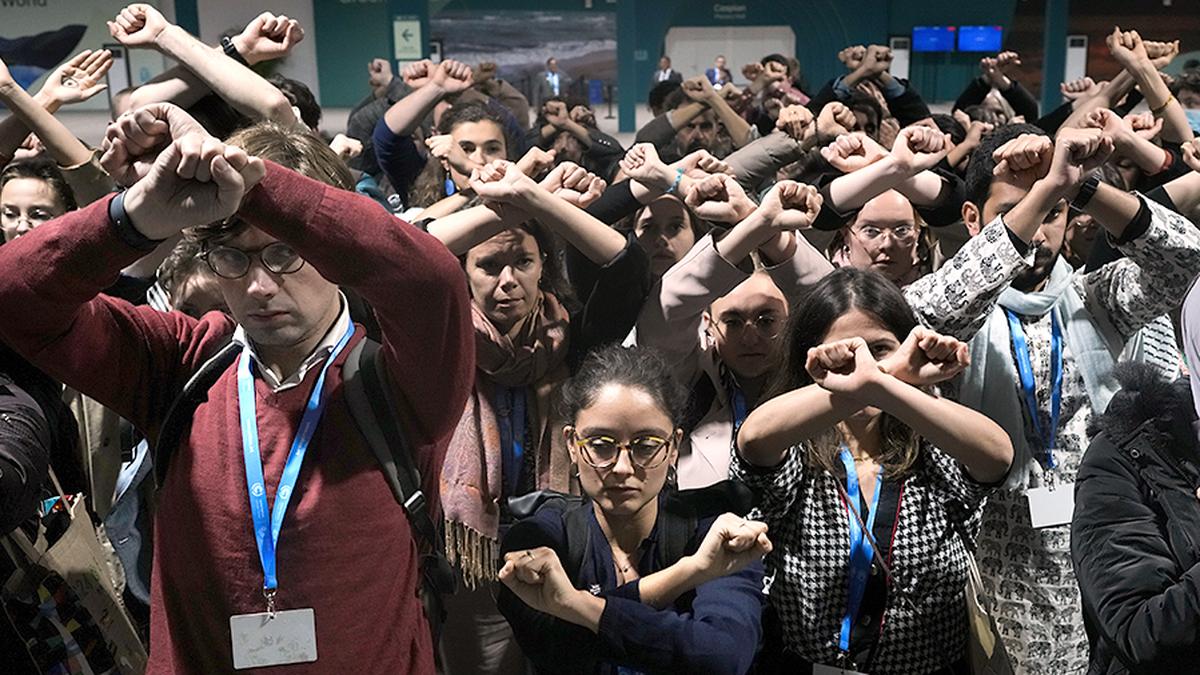Indian astrophysicist Prahlad Chandra Agrawal, who has been involved with major Indian space programmes including the AstroSat space telescope and the Chandrayaan 1 lunar mission, has been awarded the COSPAR Harrie Massey Award 2024.
Mr. Agrawal received the award at the opening ceremony of the 45th COSPAR Scientific Assembly in Busan, South Korea, on July 15, 2024.
The award recognises outstanding contributions to the development of space research, especially through a leadership role. Along with a medal and citation, the awardee is honoured by having a minor planet named for them, in this case 20064 Prahladagrawal.

Mr. Agrawal, 83, was the principal investigator for India’s first dedicated multi-wavelength space telescope AstroSat, which the Indian Space Research Organisation (ISRO) launched on September 28, 2015.
Approved by the Department of Science & Technology in 2004, AstroSat was built on a Rs 400 crore budget. It has the unique ability to view celestial objects in multiple wavelengths at the same time, thanks to its suite of four co-aligned instruments and an X-ray sky monitor.
It was developed in a collaboration between the Tata Institute of Fundamental Research (TIFR), the Indian Institute of Astrophysics (IIA), Bengaluru, and ISRO’s U.R. Rao Satellite Centre.
Planned as a five-year mission, AstroSat is still producing useful data, most recently resulting in a significant discovery of a black hole binary source. AstroSat’s observations have been cited in more than 500 scientific papers and have resulted in more than 30 PhD theses. AstroSat’s data is open source and available to researchers worldwide.
Dr. Agrawal is a former senior professor in TIFR’s Space Physics department.
After postdoctoral stints at the California Institute of Technology (Caltech) and NASA’s Jet Propulsion Laboratory, he helped realise NASA’s HEAO-1 A4 instrument. He went on to lead the team that developed the Indian X-Ray Astronomy Experiment on board the IRS P-3 satellite launched in March 1996.
Dr. Agrawal was a member of the Lunar Task Force set up by ISRO to prepare the project report of India’s first moon mission, Chandrayaan 1.
He has been a member or chairman of the Governing Councils of premier institutions, including the IIAp, the Aryabhata Research Institute of Observational Sciences, and the Inter-University Centre for Astronomy and Astrophysics.
In his acceptance speech, Dr. Agrawal thanked his mentor and former TIFR director B.V. Sreekantan and former ISRO Chairman K. Kasturirangan for making this milestone in India’s space programme possible.



